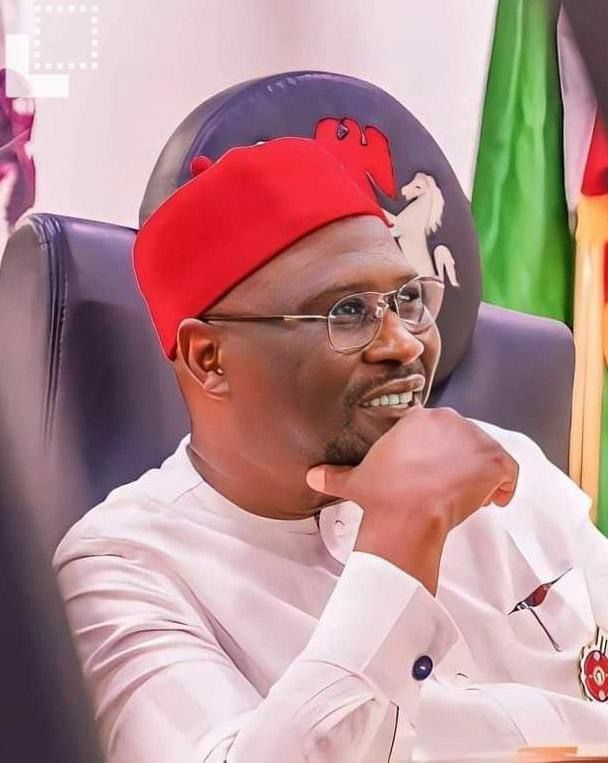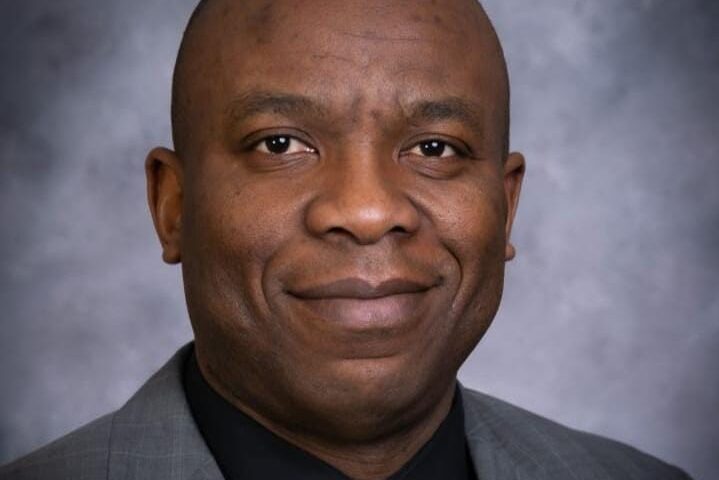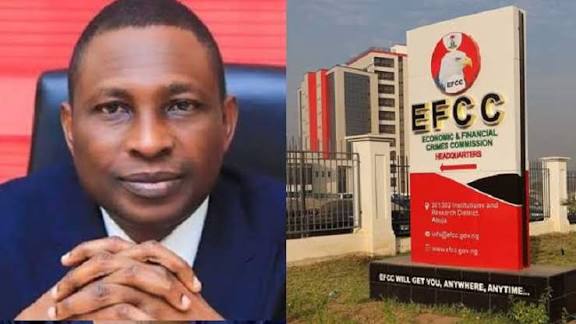By Zayyad I. Muhammad
Governor Ahmadu Umaru Fintiri recently stated that his successor must be a grassroots politician. So, to all grassroots politicians, are you prepared and ready?
Whether or not you agree with Governor Ahmadu Umaru Fintiri, it’s impossible to ignore the fact that he delivered an impressive performance in just five years.
His leadership style, marked by decisiveness and a strategic approach, has left a lasting impact on Adamawa State.
Three key factors contributed to his success: first, he has a deep understanding of local politics at the grassroots level. This knowledge allowed him to manage diverse interests, bringing various stakeholders together while effectively navigating the political landscape. He knows how to utilize power not just to control, but to drive progress and development as well as the political power itself .
Second, Fintiri is known for making bold decisions without hesitation, a quality that sets him apart from many political leaders who are often bogged down by fear or indecision. Whether in policy formulation or tackling difficult issues, he has consistently shown the courage to take risks where necessary.
However, boldness doesn’t equate to rashness. Fintiri rarely rushes critical decisions, opting instead for careful deliberation. He balances this decisiveness with a thoughtful approach, ensuring resources are allocated judiciously across various sectors, leading to sustainable development and equitable growth.
Finally, while he can be measured and calculated in his decision-making, Fintiri is also forthright. He doesn’t shy away from expressing his views openly, making him a leader who is both pragmatic and real. This combination of boldness, caution, and openness has earned him recognition on a national level, bringing Adamawa into greater prominence.
Recently, in Rivers State, Fintiri expressed his political views but remained balanced as a leader. That is how a true leader speaks.
For Fintiri’s successor, the road ahead will be marked by both challenge and opportunity—a situation that could be described as sweet-bitter. The primary challenge will be following in the footsteps of a highly successful leader.
Succeeding a high performer often comes with the burden of high expectations. The new leader will be required to exceed Governor Fintiri’s accomplishments, as merely matching them or falling short would likely be seen as a failure. This catch-22 is often the hardest part of leadership transitions—especially when the predecessor has set a high bar.
On the flip side,there is a significant advantage. Fintiri has laid a strong foundation, which includes efficient tools, systems, and a skilled human resource base.
Governor Fintiri’s successor will have the opportunity to build on these assets, improving where needed while inheriting a well-established structure. With the right approach, he or she can take Adamawa to even greater heights.
Fintiri’s understanding of politics in Adamawa has been straightforward—he sees it as the art of balancing interests, driven by fairness and people’s rights. His ability to manage conflicting interests while making decisive moves has been key to his success.
Bold yet measured, he has used resources to create visible impacts, from infrastructural developments to social programs, all of which have put Adamawa in the national spotlight. His performance will give his successor a powerful momentum to capitalize on.
However, the whoever succeeds Governor Fintiri must recognize the weight of expectation that comes with succeeding a well-regarded and high-performing predecessor. It will require both vision and strategy to maintain the trajectory and deliver even greater results.
Zayyad I. Muhammad writes from Abuja, zaymohd@yahoo.com, 08036070980



















